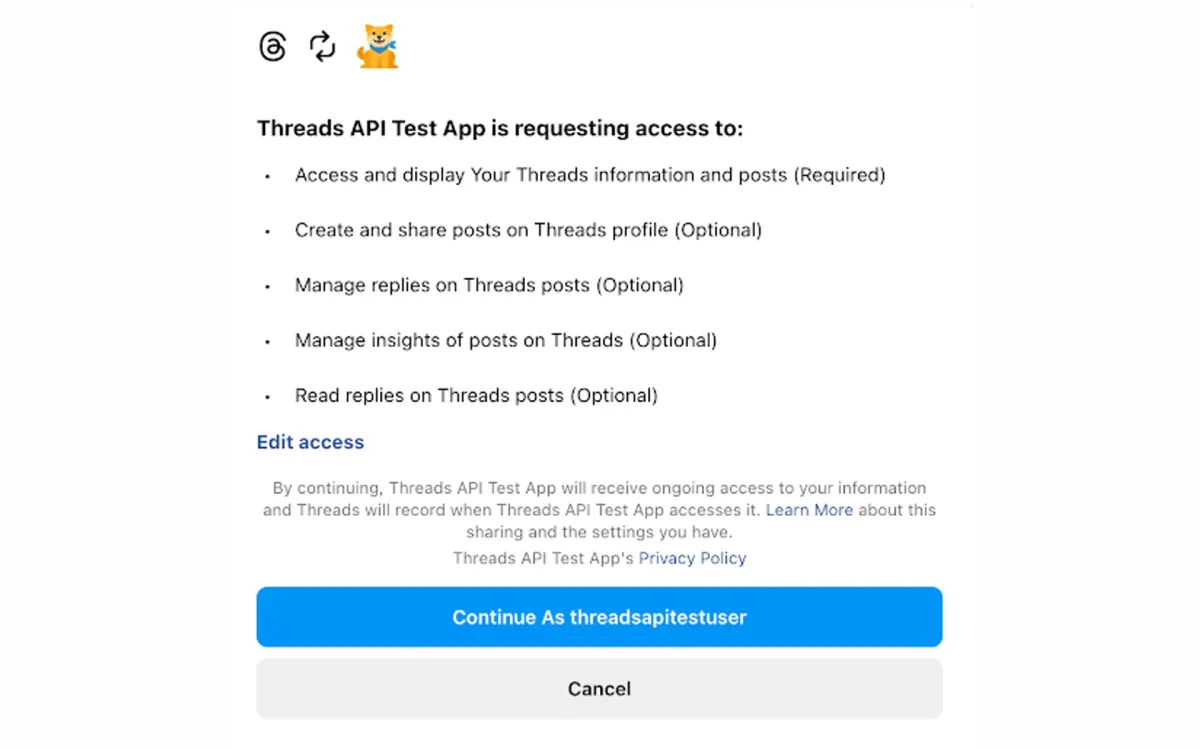
Meta Platforms Inc. (formerly Facebook) today announced the public availability of its Threads API, following a closed beta period. This API allows developers to integrate Threads functionality into their own applications, potentially enabling new features and use cases for the ephemeral messaging platform.
Threads is a social media application launched by Meta in 2023. Threads is positioned as a competitor to Twitter, offering a platform for users to share short text messages (up to 500 characters), photos, videos, and links. Unlike its ephemeral messaging counterparts like Snapchat Stories or Instagram Stories, content shared on Threads is persistent and does not disappear after a set time.
What Does the Threads API Offer Developers?
The Threads API offers various functionalities to developers. Here's a breakdown of some key features:
- Content Management: Developers can create and publish posts on behalf of users, potentially streamlining content creation workflows within existing apps.
- Data Access: Developers can retrieve user-generated content, including posts, replies, and follower information. This data can be used for analytics or to inform content recommendations within other applications.
- Engagement Management: The API allows developers to manage replies to posts, including hiding, unhiding, and responding to specific comments. This functionality could be used to build more sophisticated community management tools.
- Analytics and Insights: Developers can access key metrics such as views, likes, replies, and follower demographics. This data can be valuable for understanding content performance and optimizing future campaigns.
Benefits for Developers and Creators
- Enhanced Functionality: The Threads API allows developers to integrate Threads functionality into their existing applications, potentially creating new value propositions for users.
- Content Management at Scale: The API can streamline content creation and management workflows for creators who are active on multiple platforms.
- Deeper User Engagement: Features like reply management may enable developers to build more engaging experiences within their apps.
Getting Started with the Threads API
Meta provides self-serve developer documentation to guide developers through the integration process. Additionally, an open-source sample app is available to serve as a practical reference and accelerate development.
Meta partnered with several companies during the closed beta period, including Grabyo, Hootsuite, Social News Desk, Sprinklr, and Sprout Social. These partners provided positive feedback on the API's design and the onboarding process.
The release of the Threads API is a significant step for the platform. It opens up possibilities for broader adoption and integration with existing social media management tools and content creation workflows. While the long-term impact remains to be seen, the API has the potential to expand the functionality and user base of the Threads platform.

